“Mckinzie Valdez Case: Lessons on Digital Privacy”
Fame can rise fast on social media. One viral video can turn an ordinary teenager into a global name. Yet, the internet’s love is unpredictable. The same fame that lifts you can also expose your most private moments.
That’s what happened to Mckinzie Valdez, a young TikTok star whose private life suddenly became public. Her story isn’t just about a leak. It’s about the dangers of online exposure and how easily the internet can blur the line between curiosity and cruelty.
This article explores what her case teaches us about privacy, consent, and the cost of digital fame.
1. The Rise of a Relatable Star
Before controversy struck, Mckinzie Valdez was known for her bright smile, fun energy, and authentic TikTok videos. She wasn’t a celebrity with a PR team. She was a real person who loved dancing, laughing, and connecting with followers.
Her rise showed how anyone could gain attention online. But with attention comes risk. The more you share, the more strangers feel they know you and sometimes, that false familiarity turns invasive.
2. When Privacy Becomes Public Property
When Mckinzie’s private content allegedly leaked, it spread fast across the web. People shared, reposted, and commented often forgetting there was a real person behind the screen.
Sadly, her experience isn’t unique. Every day, private images and videos are taken and posted without consent. The internet rewards speed and shock, not sensitivity.
Behind every “viral leak,” someone’s dignity is being stolen. For victims, the emotional toll is huge anxiety, fear, and shame often follow. What’s worse, the content rarely disappears completely.
3. Why Scandal Sells Online
Why do leaks spread so quickly? It’s simple: people are drawn to secrets. Curiosity drives clicks. Algorithms notice that and push such content even further.
The more forbidden something seems, the faster it circulates. Platforms benefit because higher engagement means more ad revenue. But while the system profits, people get hurt.
Every click on leaked material adds fuel to that harmful cycle. Each share or search helps the story grow. In reality, every view is a vote for exploitation, not empathy.
4. What the Mckinzie Valdez Case Teaches Us
Her story gives us several clear lessons about fame, privacy, and online behavior.
A. Fame Has a Hidden Price
Social media fame can make you feel seen and valued. Yet, it also invites scrutiny and envy. Once personal information or media is out there, control is gone forever.
B. Platforms Need Faster Action
Social platforms talk about safety, but their responses to leaks are often slow. Stronger reporting systems and quicker takedowns could protect users better.
C. Education Is Power
Teens and creators should learn early about online consent, data safety, and how digital footprints last. Prevention matters more than damage control.
D. Empathy Matters Most
Before sharing something private or personal, ask yourself: Would I want this done to me? If not, don’t share it. That one pause can make a big difference.
5. The Law and Digital Justice
In recent years, laws have begun catching up with digital abuse. Many U.S. states now treat non-consensual content sharing as a crime.
For example:
- California’s Intimate Privacy Act (2023) helps victims of online leaks get justice.
- The UK’s Online Safety Act (2023) punishes people who share private material without consent.
- Social media sites like TikTok, Instagram, and Reddit have added strict bans on such content.
Still, enforcement is tough. Once a file spreads, removal is almost impossible. Even so, legal pressure can stop reuploads and discourage offenders.
6. Tech Companies and Their Role
Social platforms control what trends. They decide what gets promoted or removed. That’s real power.
However, their moderation systems aren’t perfect. Algorithms can miss serious violations or flag harmless posts. Experts suggest that AI combined with human review is the best way to detect and remove leaks faster.
Transparency reports could also help. If users see how platforms handle abuse complaints, they may trust them more.
7. The Hidden Pain Behind Public Scandal
Behind every viral “story” is a person dealing with trauma. Victims of digital leaks often face depression, anxiety, and social isolation.
In McKinzie’s case, her online activity noticeably changed after the incident. She posted less and interacted less with followers. That shift says more than words could.
Losing privacy feels like losing control of your own life. For many, recovery means therapy, family support, and time away from the internet.
8. Understanding Digital Consent
Consent online is just as serious as consent in person. Sharing someone’s private content without permission is not curiosity; it’s a violation.
We need a cultural reset. Respect for digital boundaries must become normal.
Here’s what everyone can do:
- Think before sharing. If it’s private, don’t repost it.
- Respect boundaries. Online access doesn’t mean ownership.
- Be kind. Behind every profile is a human being with feelings.
When we value empathy over entertainment, the internet becomes safer for everyone.
9. The Media’s Ethical Challenge
Journalists and bloggers also play a role in how these stories spread. Some chase clicks using sensational headlines. Others report responsibly, focusing on lessons rather than leaks.
Ethical reporting avoids repeating harmful content. Instead, it educates readers about privacy, consent, and safety. Media outlets can help by using cases like Valdez’s to raise awareness not to exploit pain for traffic.
10. Protecting Your Privacy Online
You can’t control everything online, but you can take steps to reduce risk:
- Use strong, unique passwords for every account.
- Enable two-factor authentication wherever possible.
- Avoid storing private material in the cloud without encryption.
- Review your privacy settings regularly.
- Be mindful of what you share. The internet never forgets.
- Report violations quickly. Don’t let harmful content spread.
Privacy is power. It’s not about hiding; it’s about protecting your right to choose what’s public.
11. A Generation Learning in Real Time
Gen Z grew up online. They know how to go viral, but not always how to stay safe. The Valdez story highlights the need for digital literacy education in schools.
Young creators should understand that fame is a double-edged sword. Openness builds connection, but boundaries build safety. Both matter equally.
Conclusion: A Wake-Up Call for the Digital Age
Mckinzie Valdez’s story is more than an internet scandal, it’s a wake-up call. It shows how fame and privacy can collide in painful ways.
The real takeaway isn’t about blame. It’s about building a culture that values empathy, consent, and respect. Platforms must act faster, users must think deeper, and society must stop treating leaks as entertainment.
If we learn from stories like hers, we can create a healthier online world — one that protects people, not profits from their pain.
FAQ: Protecting Digital Privacy
- What should you do if your private content is leaked?
Report it to the platform right away, collect screenshots, and contact local law enforcement or a cybercrime unit. - Can you delete leaked material completely?
Not always, but you can limit its spread by filing DMCA takedowns and reporting reposts. - Are there legal protections against leaks?
Yes. Many countries now treat non-consensual sharing as a criminal act with severe penalties. - How can creators protect their privacy?
Use strong passwords, secure accounts, and avoid sending or storing sensitive files online. - What’s the best way society can prevent this?
Education, empathy, and stronger digital laws plus a shift in how we consume and share online content.
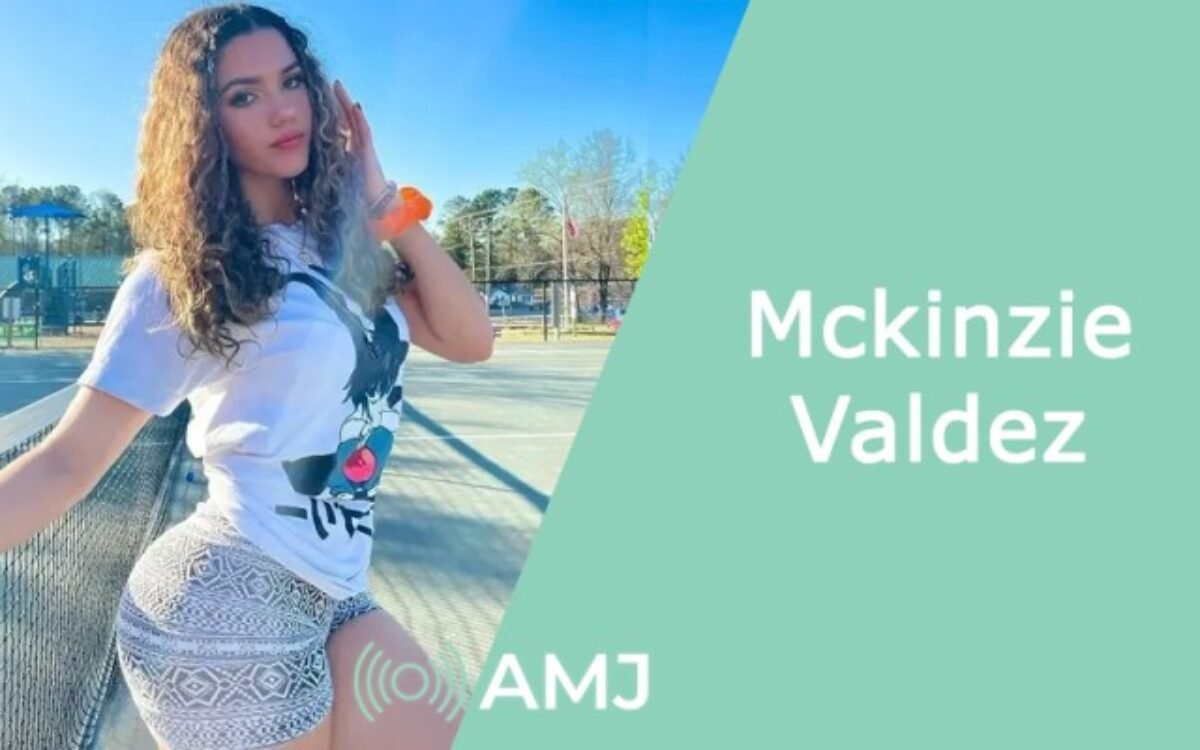

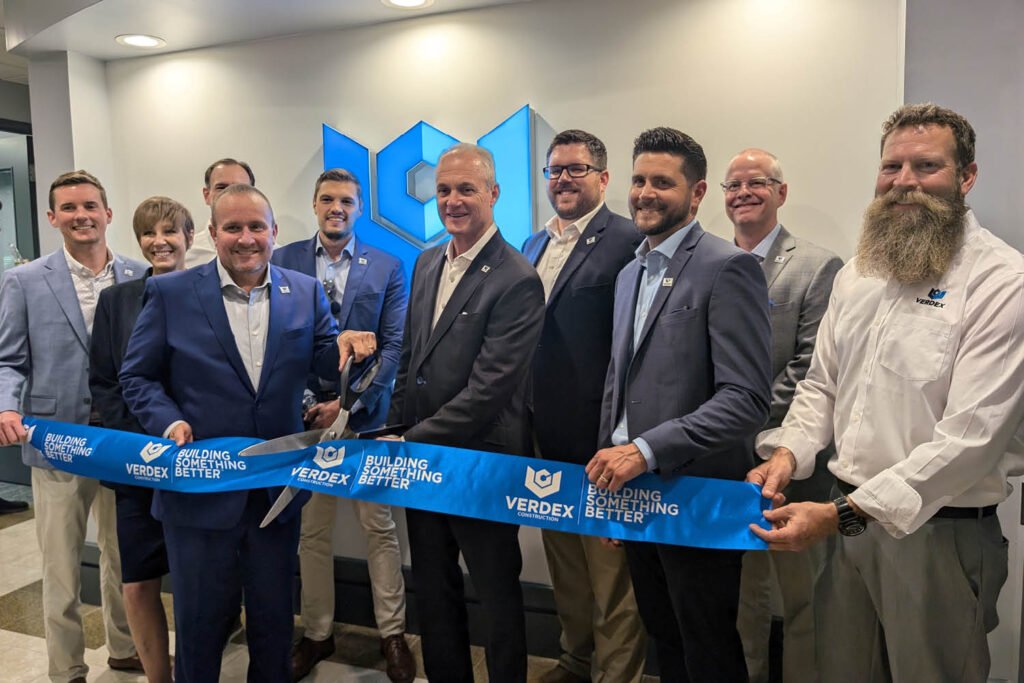
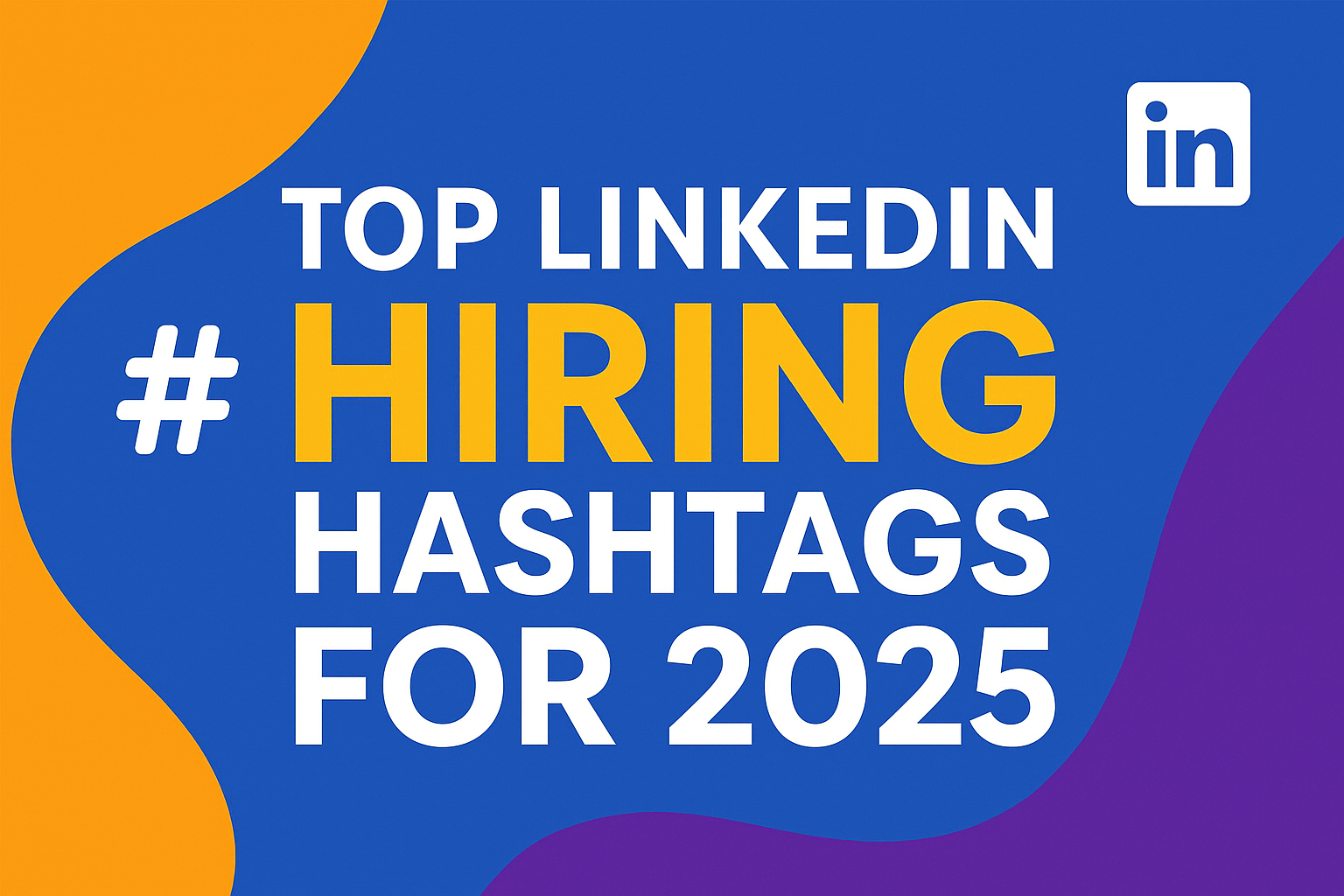
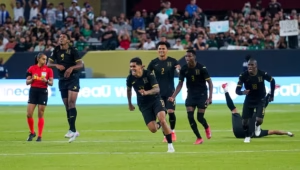



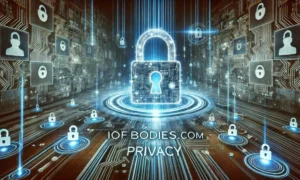
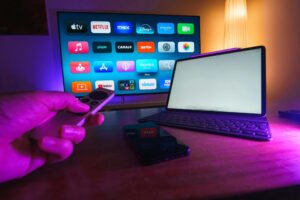




Post Comment